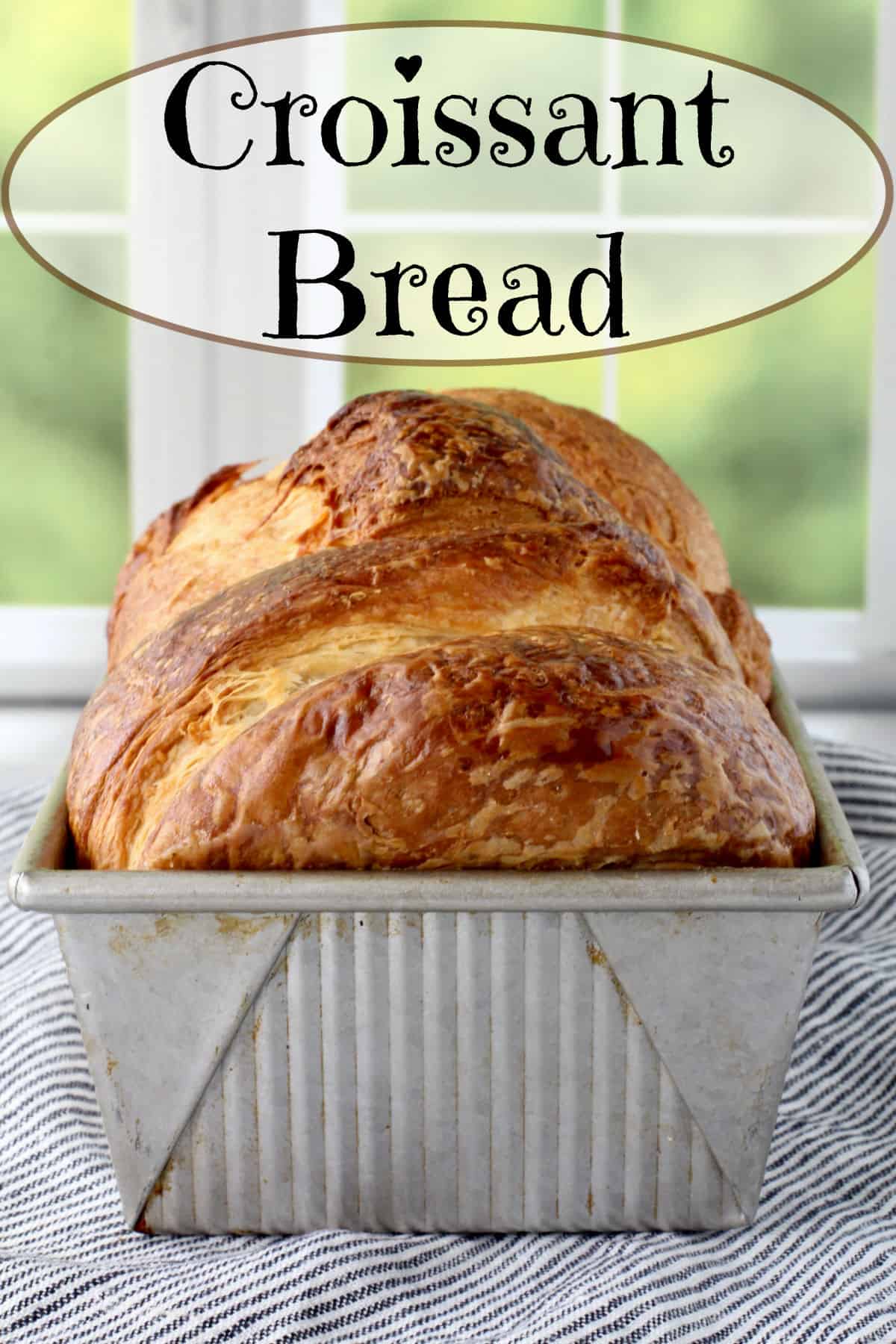Harvest Bread with Poolish. Poolish? It is a sponge or preferment of half flour and water, and a tiny bit of yeast that is mixed up and allowed to sit overnight. It adds extra flavor and chew to the dough. The bread seems to last longer too. That's a good thing for this weekend baker.
While the poolish for this bread calls for white flour, the final dough for this bread also includes whole wheat flour, wheat germ, and wheat bran.
If you make the poolish the night before, and then mix the dough the next morning, you will have fresh bread by about 1 pm the next day.
The whole wheat flavor is fairly mellow. The bread is delicious with butter, toasted, and with melty cheese and garlic.
This recipe produces two 1 1/2 pound loaves.
I baked these loves in my Lodge Combo Cooker, but any Dutch oven with a heat proof handle will do. The advantage to baking bread in a Dutch oven is that the bread creates its own steam, which then creates an incredible crust.
This bread is also proofed with the seam side (the place where you gather up the ends of the dough when shaping) down, so that it bakes with the seam side up. It is not slashed, but allowed to split open wherever it chooses. When you lift the lid off of the Dutch oven, you are always in for a surprise. How cool is that?
Harvest Bread with Poolish
Ingredients
Poolish
500 g unbleached all purpose flour
500 g water, at 80 degrees F
.4 g instant yeast
Final Dough
400 g unbleached all purpose flour
100 g whole wheat flour
280 g bottled water, at 105 degrees F
21 g fine sea salt (or non iodized salt)
3 g instant yeast
50 g wheat germ
20 g wheat bran
All of the poolish
Instructions
- In a 6 quart bowl or tub, mix the poolish ingredients by hand the night before you plan to make the bread. Cover with plastic wrap and let it sit at room temperature for about 12 hours.
- In a 12 quart tub, mix the final ingredients by hand, both stretching and folding the dough, and pinching the dough to incorporate all of the ingredients. (Check out all of my posts labeled Forkish for more details about the methods). The dough will be very sticky. This is okay.
- Cover the dough with plastic wrap or the lid of the bucket, and allow it to rise for 2 to 3 hours, stretching and folding the dough every 20 minutes for the first hour.
- When the dough is 2 1/2 times its original size, it is ready to be divided.
- Gently scrape the dough out onto a lightly floured surface and divide it in half with a dough scraper or bench knife.
- Pour the dough out onto a lightly floured surface and divide it in half with a bench knife or dough scraper. Shape each half into boules and place them seam side down into floured bannetons or flour lined bowl. Cover with oiled plastic wrap.
- Place two Dutch ovens in the oven, and preheat it to 475 degrees F.
- Allow the dough to rise for about an hour.
- When you are ready to bake, cut parchment into two 9 inch by 15+ inch pieces.
- Remove the Dutch ovens from the oven and remove the tops. One loaf at a time, place the parchment over the dough and place a plate over it. Flip the dough over, remove the basket, and lift and place the loaf in the Dutch oven by using the parchment as a sling (leave the paper under the dough). Cover the Dutch oven and place it in the hot oven. Repeat with the second loaf.
- Bake covered for 30 minutes, and then uncover it and bake it for 15 to 20 minutes more, until the interior of the bread reaches 205 to 210 degrees F and the bread is golden brown.
- Lift the loaves out of the Dutch ovens with the parchment and let them cool fully on a wire rack (remove the parchment from the bottom of the loaves).
Excellent bread. Enjoy.
Sharing with Yeastspotting



That sounds like an amazing loaf. I just started with sourdough but I will have a go at poolish
ReplyDeleteIt's pretty easy Rachel. You'll love it!
DeleteThis bread looks amazing!
ReplyDeleteThanks Mimi!
DeleteAnother superb loaf of bread Karen! Thank you!
ReplyDeleteThank you!
DeleteWonderful bread, loved it!
ReplyDeleteAwesome! Thanks!
DeleteI'm finding it hard to get past this loaf in Ken's book. Hands down a winner.
ReplyDeleteHe is my inspiration!
DeleteThis is my most successful break. It rises fully every time I bake with delicious crust. I am having trouble getting my pure levain breads to rise.
ReplyDeleteGlad you liked this!! Yes, pure levain can be a challenge.
DeleteHello i would love to print your bread recipe but for some reason your recipes arent printable
ReplyDeleteMy newer ones are printable. I just haven't had a chance to move this one from 2014 to a printable card. You could copy and paste and then place it into a document to print if necessary.
Delete